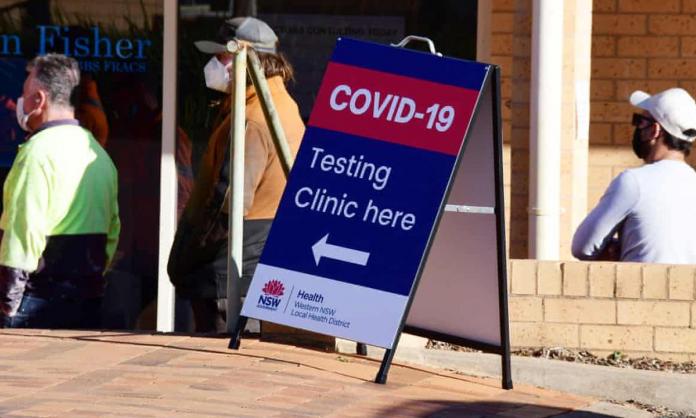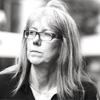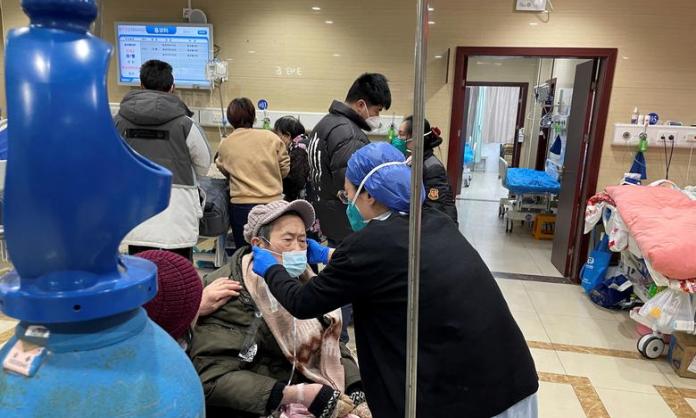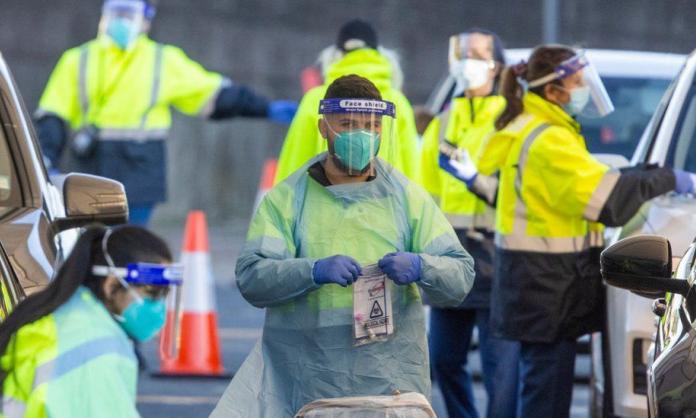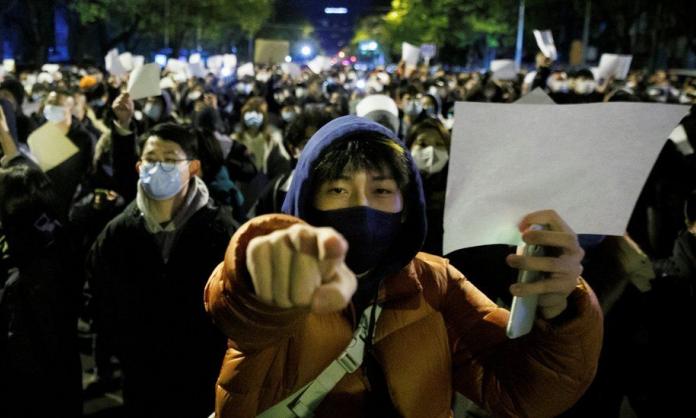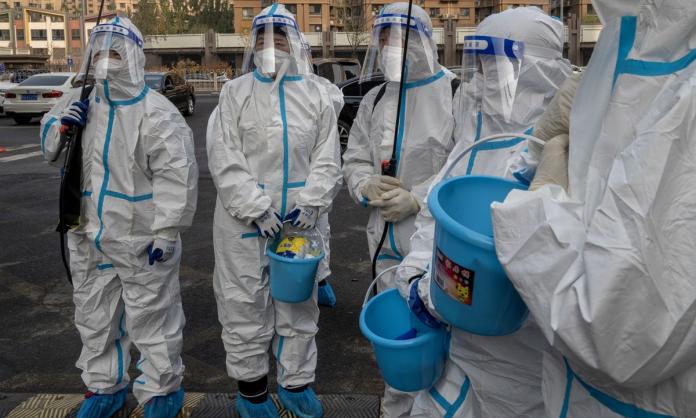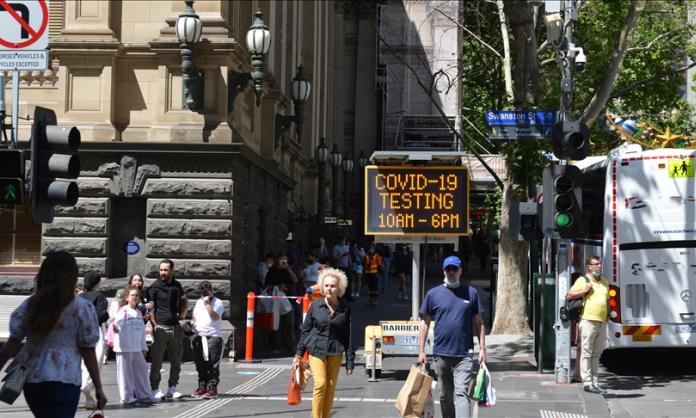A lot of vicious things are said at the New South Wales government’s daily COVID press conferences. On 21 August, the Aboriginal population of Wilcannia were in the firing line.
Barely containing his inner snarling racist, Health Minister Brad Hazzard slammed them as “selfish”. Why? Because there had been a large funeral in the town. Almost three-quarters of the population is Aboriginal, and Hazzard was blaming them for spreading the virus.
One small detail he failed to mention was that Wilcannia was under no lockdown restrictions when the funeral was held, on 13 August. The regional lockdown started the following day. Wilcannia recorded thirteen new cases of COVID a week later. Once again, the government had done too little too late to deal with the virus. Barkindji woman and Wilcannia resident Monica Kerwin-Whyman got to the heart of it when she spoke to NITV News:
“Blaming a Black grieving family when they had the power to close borders, they had the power to shut down this community ... they categorised us as vulnerable, but they did nothing to stop the spread. COVID did not come out of that Aboriginal funeral, that sorry business, that came out of Sydney.”
This was not the first time Kerwin-Whyman had spoken to the media that week. Previously, she told NITV News that she was “ropeable” when she found out COVID-19 had arrived in Wilcannia. “Our little vulnerable Aboriginal community has been crying out for a very long time to lock us down, to keep us safe”, she said. “At the end of the day, they don’t have the facilities here ... to cater for an outbreak in our community. But nobody, nobody cared until now.”
And the government still doesn’t, as Hazzard showed so effortlessly.
Let’s be clear. The health crisis now overtaking the Aboriginal communities of western New South Wales could have been stopped before it began—if Sydney had been locked down quickly and comprehensively when the Delta variant escaped the quarantine system in June.
If public health rather than business as usual had been the main focus of the state government, Sydney would have been locked down much sooner, workers in every non-essential workplace would have been paid to stay at home, and the workplaces would have been closed until the virus was eliminated once again.
As Broken Hill Mayor Darriea Turley said on 20 August: “What is happening now was expected because, when the outbreak started in Sydney, the state government refused to address regional travel”.
Instead, the government’s efforts to keep the flow of profits going (remember how they whined about the other states’ border closures?) have wilfully endangered Aboriginal communities across the state. On 22 August, there were 253 cases across the Western NSW Local Health District, an additional 34 cases from the day before.
Writing in the Conversation on 16 August, the Australian National University’s Bhiamie Williamson aptly described “multiple, successive, and cascading policy failures”. “The COVID-19 response in Sydney, where the Delta outbreak originated, was late, inadequate and ineffective”, he said.
At the outset of the pandemic, Aboriginal people were identified as “a clearly defined vulnerable community” because of the chronic health conditions they suffer and the under-resourced health services in regional and remote areas. In the Western NSW Local Health District, seven out of ten of those diagnosed with the virus are Aboriginal people; nearly half of those are unvaccinated children and teenagers.
Yet despite Aboriginal people being categorised as “1B” at the start of the vaccine rollout in February, no priority treatment eventuated until the virus took hold, compounding the systemic disadvantage created by government after government of all political persuasions.
It is the same structural racism that means Aboriginal people still suffer from preventable diseases like trachoma that are found nowhere else in the developed world. Their rate of rheumatic heart disease is 75 times higher than that of non-Indigenous Australians. One-third die by the age of 45. The list goes on.
When the first case in Walgett was reported on 12 August, even the health minister admitted that medical services in the town were not prepared for an outbreak. Nor were other services, from the necessary food deliveries to patient transport and adequate housing and other accommodation to help multi-generational households reduce the risk of infecting loved ones if someone catches the virus.
It should not take a totally avoidable outbreak of a pandemic to shine a light on this shameful neglect.




